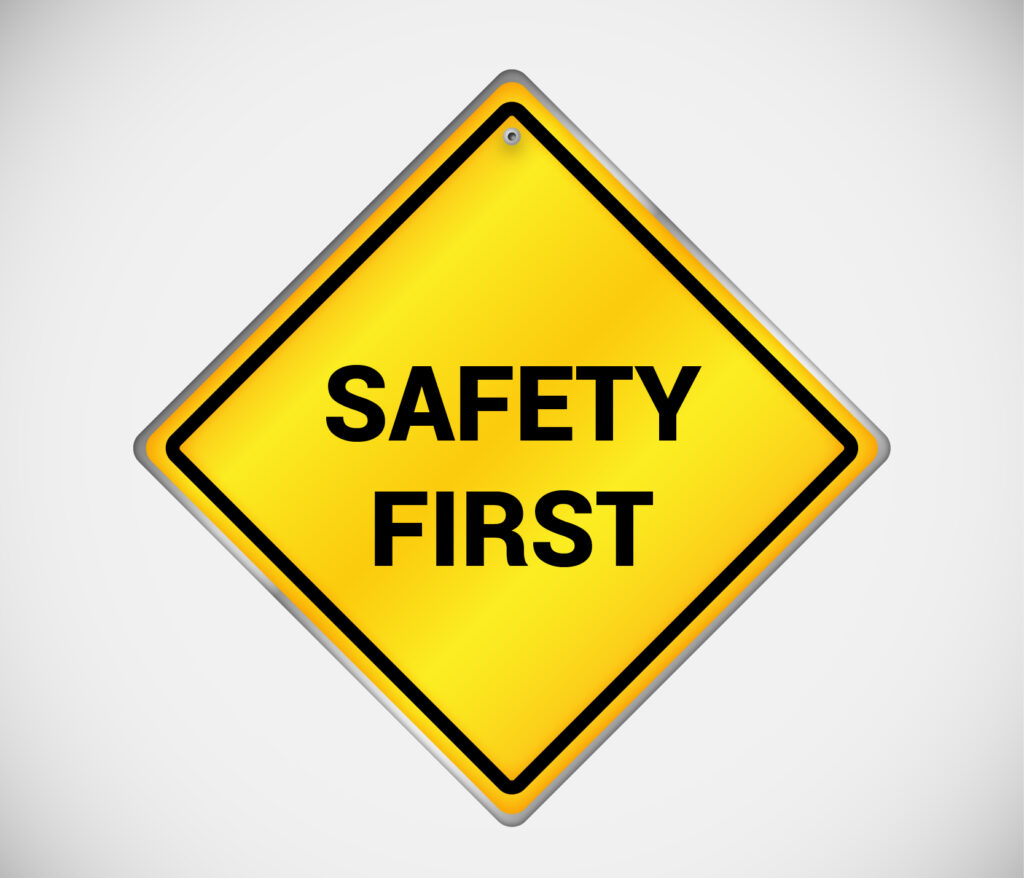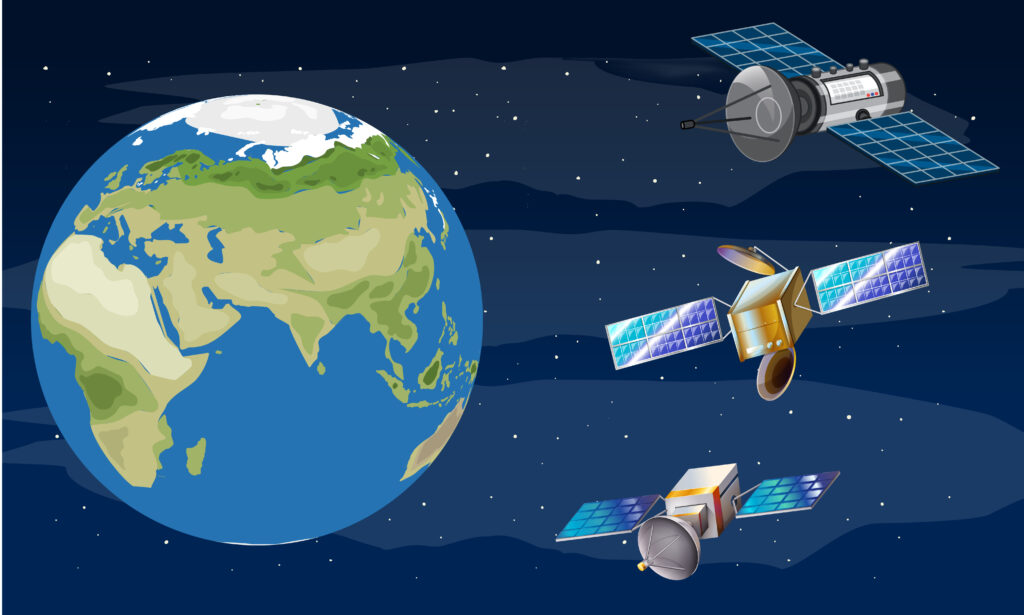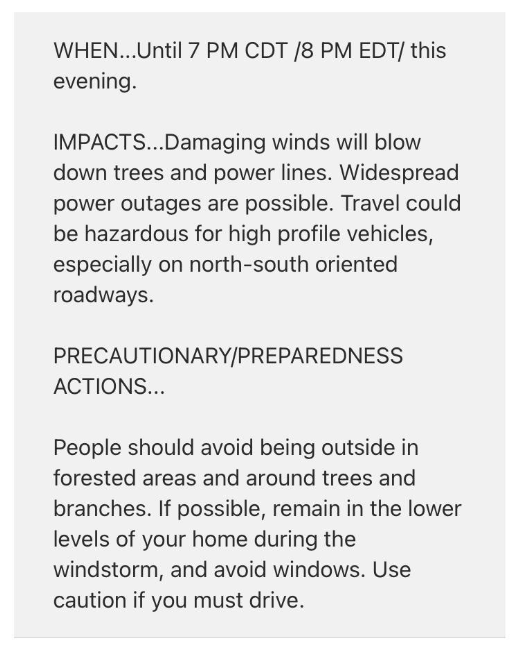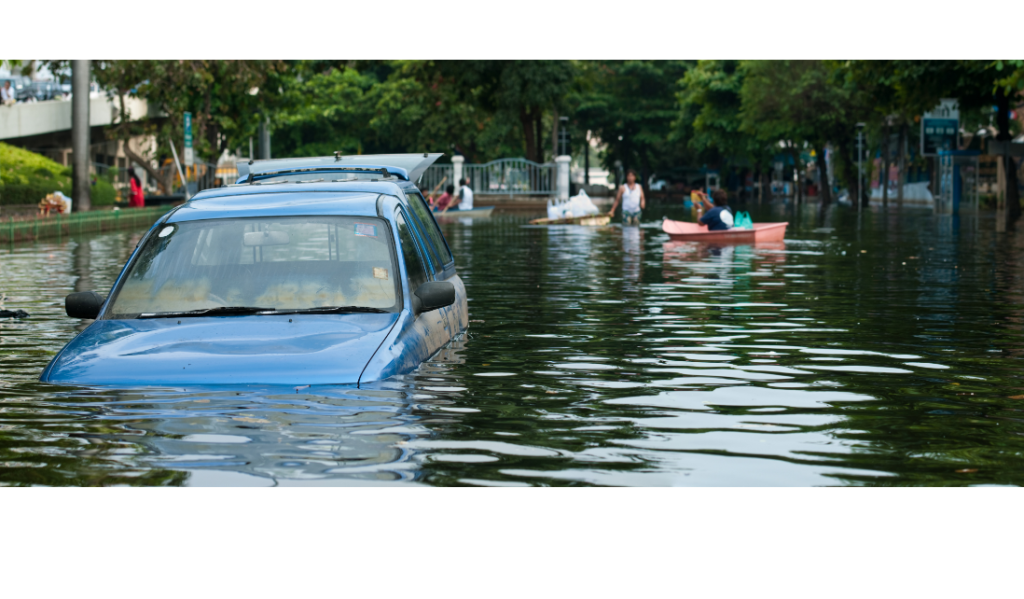“A dangerous cyclone is approaching India!”
You must have heard this before.
Cyclones are storms that form over warm areas of oceans. People living in coastal states like West Bengal, Andhra Pradesh, and Tamil Nadu dread cyclones.
But why are they dangerous?
Because, Cyclones bring strong winds, heavy rainfall and floods. When cyclone storms pass, they blow away houses, trees and even people.

Cyclones are natural disasters and they can come anytime? You cannot stop them. But you can act smart and follow safety precautions so that when a cyclone hits, you are fully prepared. (From here it can start as a new paragraph) Remember (Use “Here are few thing to keep in mind/measures to take or remember) these 3 effective safety measures to keep you and your family safe in a cyclone.

Watch TV, listen to the radio, and your check mobile phone! Yes, technology can help you by telling when and where a cyclone can hit.
There are satellites and radars in the space that tell disaster management authorities if a cyclone is coming and quickly inform the ports and fishermen about it.

You can also get cyclone alerts and cyclone watch on your TV, radio and smartphones Repeated cyclone warnings are issued by the local government authorities 48 and 24 hours before a cyclone.


You can also:
Make a first aid kit with important medicines and bandages.
Keep an emergency kit ready with dry fruits, canned food, torch, radio and batteries.
Store clean and safe drinking water.
Save emergency helpline numbers like the police, ambulance and fire brigade.
Put all chairs, toys, cycles and plant pots inside the house.
Quickly move to a cyclone shelter or safer place, but (remember not to panic. **try and make the language more conversational) don’t panic.
Cut off the power, and switch off all machines and electrical appliances.
Turn off gas and water.
Wear tough shoes and clothes. Lock all doors. Stay in the bathroom or centre of your house.
Sit under a table or hold something strong like a water pipe. You can also cover yourself with a thick mattress or blanket. Don’t sit near doors or windows.

Listen to the radio and follow the instructions of local authorities.
Don’t go out until you get an ‘all clear’ signal from government authorities.
Don’t drink tap water. It may be contaminated with sewage or chemicals.
Don’t touch any wet or fallen wires and switches.
Stay away from trees, buildings, and flooded areas.

Help your neighbours with food and water.
Cooperate actively with disaster management and rescue teams.
Another alert!!
You have just learnt the Effective Cyclone Safety Measures from Class 7 Science Physics NCERT chapter- Winds, Storms, and Cyclones.
Do you know that cyclones can become deadly tornadoes?
Cyclones, hurricanes, typhoons and tornadoes are all related yet different. Do they sound confusing to you? Don’t worry! Mind maps can clear out your confusion. Mind maps explain a single chapter in such an easy way that you will never forget it. You can find mind maps at SeekoG and use them for free as a revision tool. SeekoG has free mind maps for you. Subscribe to the app to study any Class 7 CBSE chapter using the free SeekoG mind maps.
You don’t believe it? Give it a try now and download the SeekoG app.
Leave A Comment